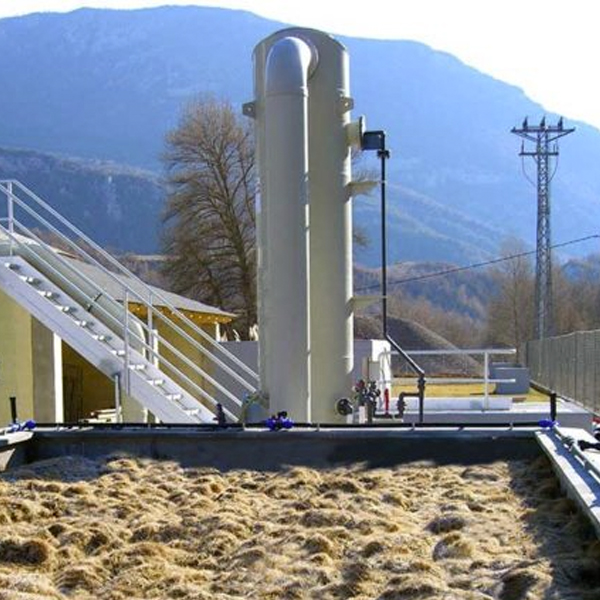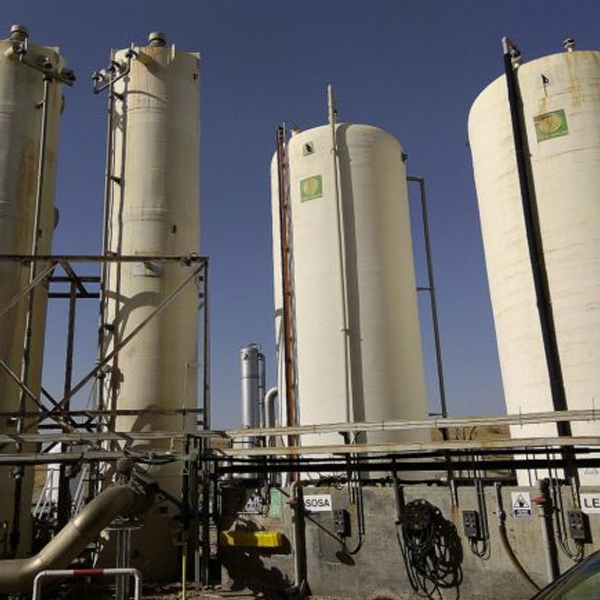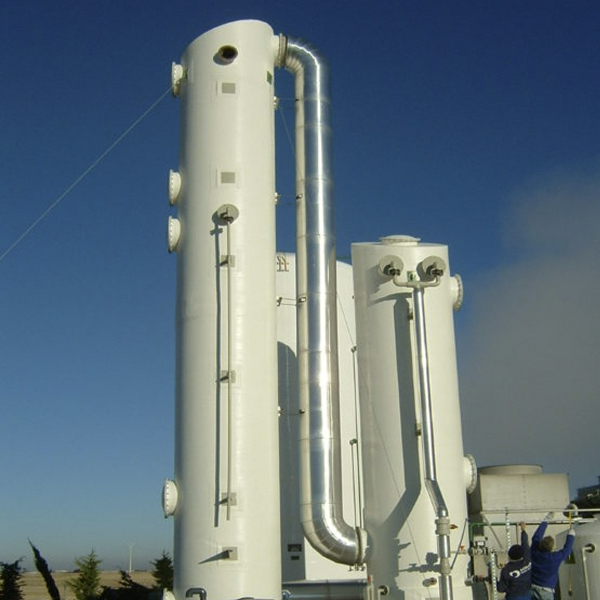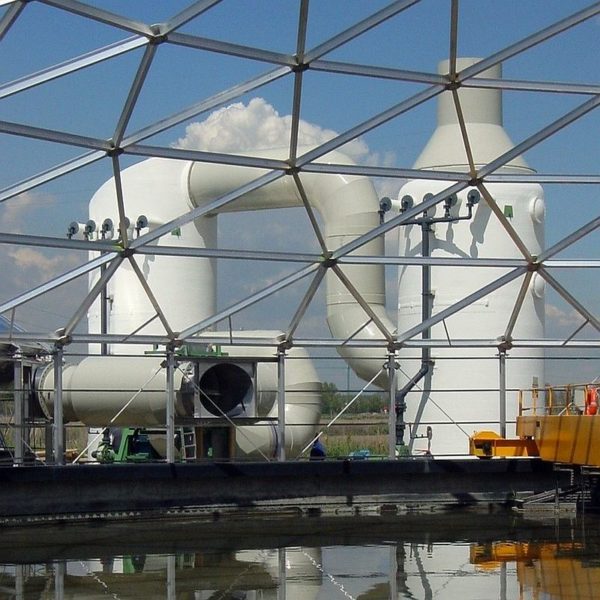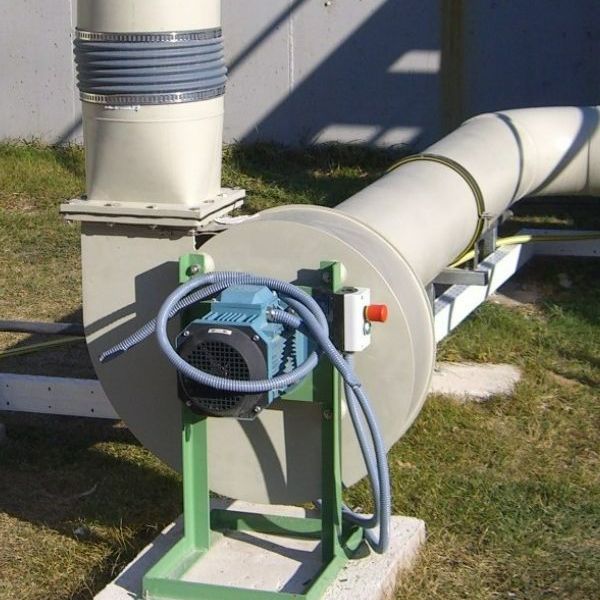RSU / MBT Plants
Within the field of urban waste treatment (MBT plants), Tecnium has become a benchmark for supply turnkey installations of air collection and treatment, with the aim to eliminate odors produced in these plants.
Optimizations are performed to collect the air in the reception, pretreatment, fermentation, refining and maturation areas, including transfers and punctual intakes, with the goal of reducing the total air volume.
For odor treatment, specific technologies are used adapted to the existing pollutatns. We already have more than 20 references with flows of up to 550,000 m3/ h.

Applications
Odour Control on MBT Plants
Turn-key odor control systems including designing and suplying of air collection piping network, scrubbing systems and organic or inorganic biofilters.
Biogas Desulphuration
Presence of H2S in biogas must be removed before send it to cogeneration engines, in order to avoid corrosion problems.
Lixiviate Stripping
Lixiviates of such plants are usually polluted with organic or inorganic compounds such as NH3, CO2 or VOC’s. These waters must be stripped before disposing them
Gas treatment tecnologies
Biofiltration: TECNIUM-BIO
The use of environmental friendly technologies has been the motor of researching lines of last decades. This has allowed us to put up to date systems for gas cleaning and odor control through organic and inorganic biofilters
Biotrickling: TECNIUM BIO-TR
The high efficiency of BIO-TR enables the reconversion of your chemical scrubber installation by removing the reagents consumption and so removing the chemical products storage in your facilities.
Absorption: TECNIUM-CHEM
Under this technology Tecnium supply multiple systems for gas treatment and odor control based on water or chemical absorption using wet scrubbers, jet venturis and cyclons.
Stripping: TECNIUM-DEGAS
Stripping: TECNIUM-DEGAS Subterranen waters, pond water, landfill lixiviates, manures, ultrafiltrated waters can contain disolved gases which have to
Modular Plastic Covers in FRP
Modular Plastic Covers in FRP
Wide range of modular covers for thickeners,slurry tanks,screw pumps,biological ponds,decanters, pump pits and desanders.
Plastic Fans
Pulleys and Belts Coupled
Range of plastic fans corrosion resistant for medium/high pressures.
Flows up to 120.000 m3/h and pressures up to 7.000 Pa.
Direct Coupled
Range of corrosion resistant plastic fans for medium/low pressure.
Flows up to 40.000 m3/h and pressures up to 4.500 Pa.
Other sectors available

